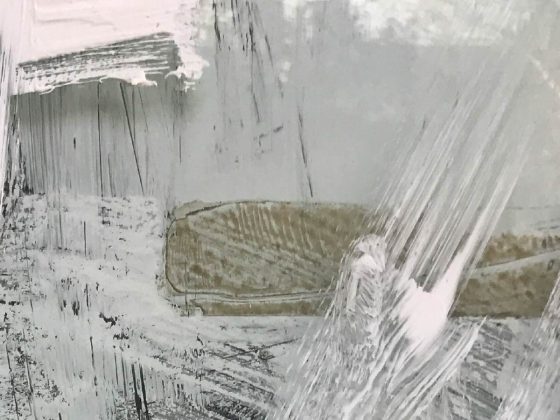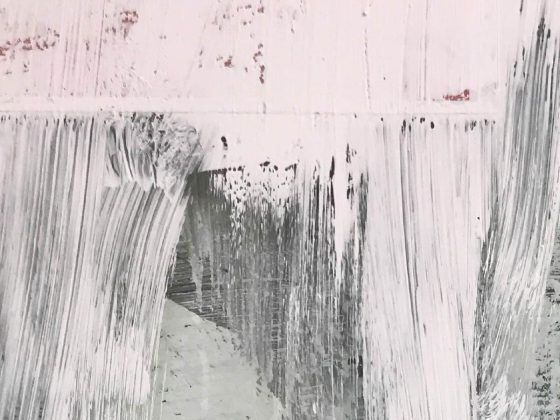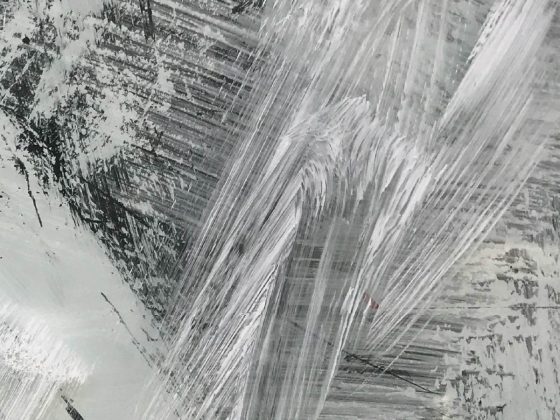Teología y cultura, año 16, vol. 21 (noviembre 2019), pp. 97-114 ISSN 1668-6233
La teoría crítica de la sociedad como programa político da un importante giro en la llamada segunda etapa del pensamiento de Max Horkheimer. Dicha etapa estuvo signada por el exilio a Norteamérica, entre los años 1933 y 1950, donde se generaron importantes cambios en la teoría crítica del autor frankfurtiano principalmente plasmados en sus obras Dialéctica de la Ilustración, escrita junto a Theodor Adorno, y Crítica de la razón instrumental. En dicho pasaje, o evolución del pensamiento horkheimeriano, se divisa una reformulación teórica en la que la utopía de la primera etapa de su pensamiento es cuestionada por los trazos de la historia descriptos en las páginas del filósofo. Esto no ha sido problemático: el carácter dialéctico de la teoría es una característica central de ella, y su reformulación, atravesada por el fenómeno de la Segunda Guerra Mundial, se centra principalmente en la crítica al logos occidental. Las apreciaciones de las obras tienen cierto carácter normativo, y si bien describen cierto ocaso de la razón occidental negada por la misma Ilustración mitificada, implican un último llamado a la emancipación humana.
El ensayo se propone recorrer las principales críticas de las obras y poner de manifiesto que las mismas no enuncian la muerte de la teoría crítica, sino que más bien refuerzan su carácter dialéctico como una descripción crítica de la historia de la sociedad.
Palabras clave: Teoría Crítica. Razón. Ocaso. Sociedad Tecnocrática.
Abstract: The critical theory of society as a political program takes an important turn in the socalled second stage of Max Horkheimer’s thought. This stage was marked by exile to North America, between 1933 and 1950, where important changes were generated in the critical theory of the Frankfurt author mainly embodied in his works Dialectic of Enlightenment, written together with Theodor Adorno, and Eclipse of reason. In this passage, or evolution of the horkheimerian thought, a theoretical reformulation can be seen in which the utopia of the first stage of his thought is questioned by the lines of history described in the pages of the philosopher. This has not been problematic: the dialectical character of the theory is a central feature of it, and its reformulation, crossed by the phenomenon of the Second World War, focuses mainly on criticism of Western logos. The appreciations of the works have a certain normative character, and although they describe a certain eclipse of the Western reason denied by the same mythified Enlightenment, they imply a final call to human emancipation.
The essay intends to cover the main criticisms of the works and show that they do not state the death of critical theory, but rather reinforce its dialectical character as a critical description of the history of society.











